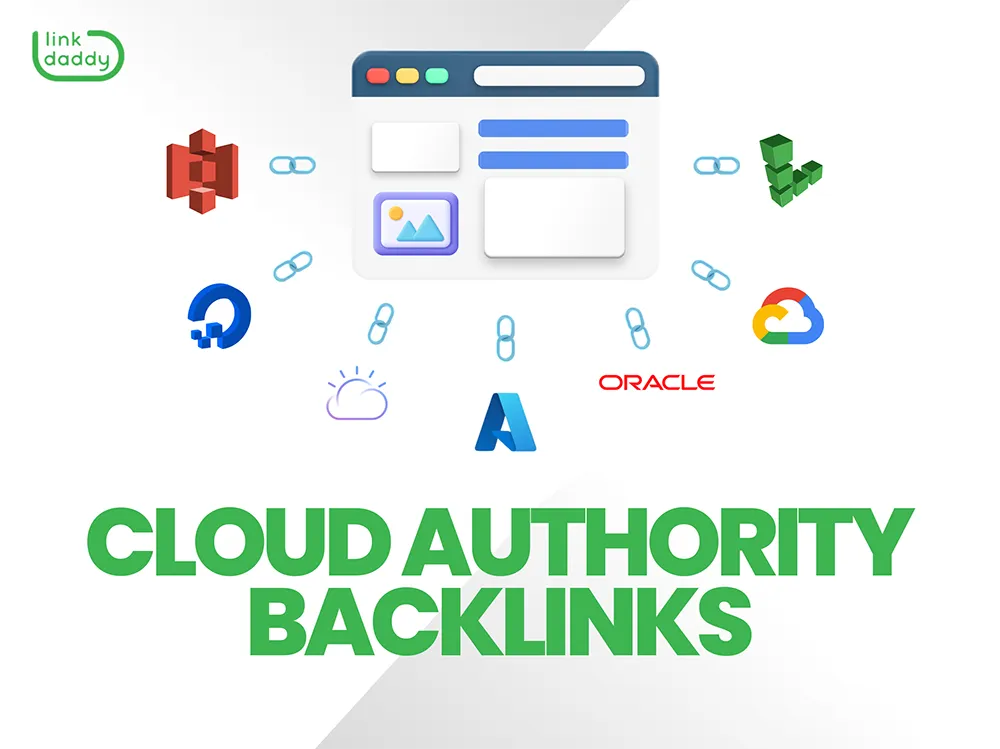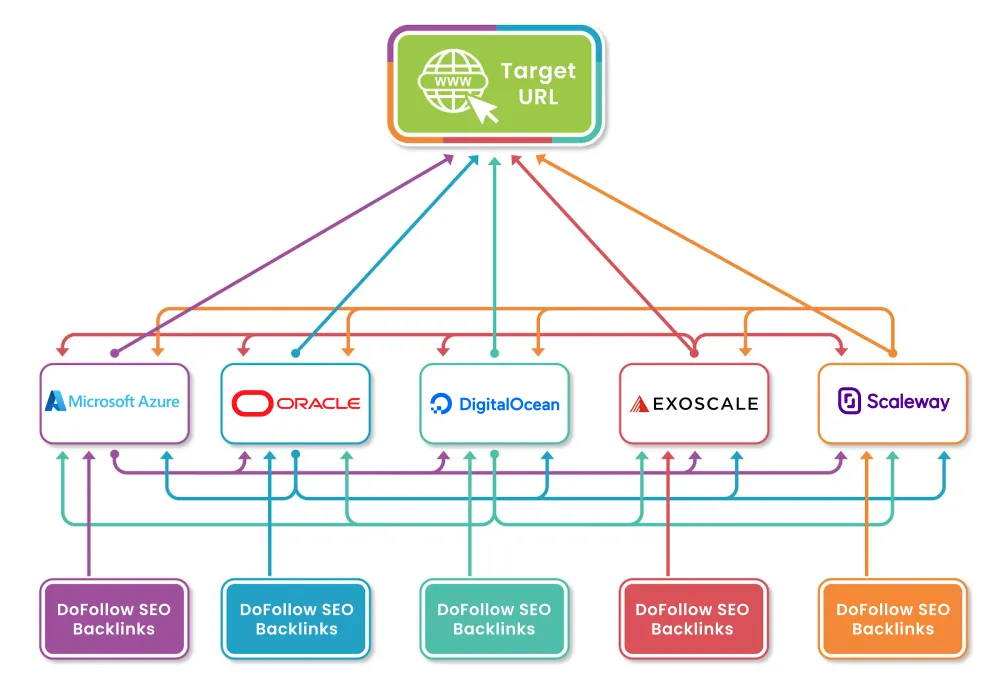Checking Out Cloud Services: Key Advantages and Applications
Checking Out Cloud Services: Key Advantages and Applications
Blog Article
Unraveling the Secret Behind Cloud Providers: What You Need to Know
In today's swiftly progressing technical landscape, the principle of cloud solutions has ended up being progressively prevalent, yet continues to be shrouded in a veil of enigma for many. From the different kinds of cloud implementation designs to the vital security factors to consider that come right into play, navigating the world of cloud services can be a difficult task.
Comprehending Cloud Services
To grasp the principle of cloud services, one must understand the fundamental principles of virtualized computing and remote data storage space. Cloud services, also recognized as cloud computer, include the delivery of computing solutions-- including web servers, storage, data sources, networking, software, and analytics-- online to supply faster development, versatile resources, and economic climates of scale. This version enables organizations to access technology sources without the requirement for direct administration of the underlying infrastructure.

Recognizing these fundamental components of virtualized computer and remote information storage space is necessary for understanding the benefits and functionalities of cloud services in today's digital landscape. - cloud services press release
Kinds Of Cloud Release Designs
Cloud release designs encompass various methods for deploying and managing cloud computer services to satisfy certain organization needs effectively. There are mostly three types of cloud deployment versions: public cloud, exclusive cloud, and hybrid cloud.
Public Cloud: Public cloud services are supplied by third-party suppliers over the net, making them easily available and economical. These solutions are ideal for companies wanting to unload IT operations and upkeep to outside service providers.

Hybrid Cloud: Hybrid cloud combines elements of both public and personal clouds, permitting organizations to utilize the scalability of the general public cloud while preserving control over critical applications and information in a private cloud atmosphere. This version provides adaptability and personalization choices, making it a preferred selection for businesses with dynamic workloads and differing IT requires.
Benefits of Cloud Solutions
Enhancing operational performance and fostering innovation, cloud services provide a wide variety of benefits for modern services seeking to enhance their IT facilities. Among the key benefits of cloud solutions is cost-effectiveness. By transitioning to the cloud, companies can eliminate the requirement for substantial hardware investments and upkeep costs. This pay-as-you-go version permits business to scale their resources according to their present needs, avoiding unnecessary expenses.
Another benefit is enhanced flexibility and scalability. Cloud solutions give companies with the capacity to rapidly adapt to changing market click to read conditions and scale their procedures up or down as called for. This dexterity makes it possible for organizations to react promptly to new chances and obstacles, offering them an one-upmanship in today's fast-paced organization atmosphere.
In addition, cloud services use enhanced data protection and calamity recovery abilities. Cloud providers spend heavily in robust safety and security actions, making certain that data is shielded from violations and unapproved accessibility. In addition, cloud-based back-up and recuperation remedies help companies safeguard their essential details and lessen downtime in the occasion of a calamity. Overall, leveraging cloud solutions can encourage organizations to simplify operations, drive technology, and accomplish lasting success in the electronic age.
Safety Considerations in the Cloud
In the world of cloud solutions, focusing on durable safety actions is vital for safeguarding sensitive information and making sure functional resilience. When thinking about safety in the cloud, it is important to deal with variables such as data encryption, identity and access administration, network safety, and compliance with market laws. File encryption plays an important role in protecting information both at remainder and en route, making certain that info stays safe and secure and private from unapproved accessibility. Identity and accessibility administration devices help control who can access data and sources within the cloud environment, lowering the risk of information violations.
Additionally, applying strict network protection procedures, such as firewalls and breach discovery systems, can help avoid cyber hazards and unauthorized access to shadow framework. Conformity with sector laws, such as GDPR or HIPAA, is critical for companies taking care of sensitive information to stay clear of legal ramifications and keep trust with clients. By resolving these safety considerations proactively, services can mitigate threats and with confidence leverage the benefits of cloud solutions while securing their electronic assets.
Selecting the Right Cloud Provider
As organizations browse the elaborate landscape of protection factors to consider in the cloud, the process of picking the best cloud company becomes paramount for making certain extensive data protection and functional performance. When picking a cloud provider, companies need to consider several crucial factors. First of all, evaluating the provider's protection protocols, compliance accreditations, and data file encryption methods is important to protect This Site sensitive details. In addition, evaluating the go right here provider's service level contracts (SLAs) for uptime guarantees, assistance responsiveness, and disaster recovery strategies is vital to maintain functional continuity (cloud services press release).
Moreover, companies must examine the scalability and adaptability of the cloud services used to guarantee they line up with present and future organization requirements. Understanding the supplier's rates structure, including any type of hidden prices or fees, is also crucial for budget management. In addition, analyzing the copyright's track document, customer, and track record testimonials can offer beneficial understandings right into their dependability and service top quality. By carrying out comprehensive study and due diligence, organizations can select a cloud service copyright that not just fulfills their technological demands yet also maintains high requirements of protection and efficiency.
Verdict
In final thought, cloud solutions provide numerous advantages such as scalability, cost performance, and flexibility. Comprehending the various kinds of cloud deployment models and thinking about safety and security actions are crucial when selecting a cloud solution provider. It is essential to analyze the certain needs of an organization and meticulously assess the choices readily available to make certain a successful change to the cloud.
From the different types of cloud implementation models to the critical security factors to consider that come into play, navigating the world of cloud services can be a challenging task. Cloud services, likewise recognized as cloud computing, entail the shipment of computing solutions-- including servers, storage space, data sources, networking, software, and analytics-- over the web to offer faster innovation, flexible sources, and economic situations of scale. Crossbreed Cloud: Hybrid cloud combines aspects of both public and private clouds, permitting companies to utilize the scalability of the public cloud while maintaining control over important applications and information in a personal cloud setting.As companies navigate the detailed landscape of protection factors to consider in the cloud, the procedure of choosing the right cloud service copyright comes to be paramount for making sure extensive information protection and operational efficiency. Understanding the various kinds of cloud release versions and taking into consideration protection actions are critical when selecting a cloud service supplier.
Report this page